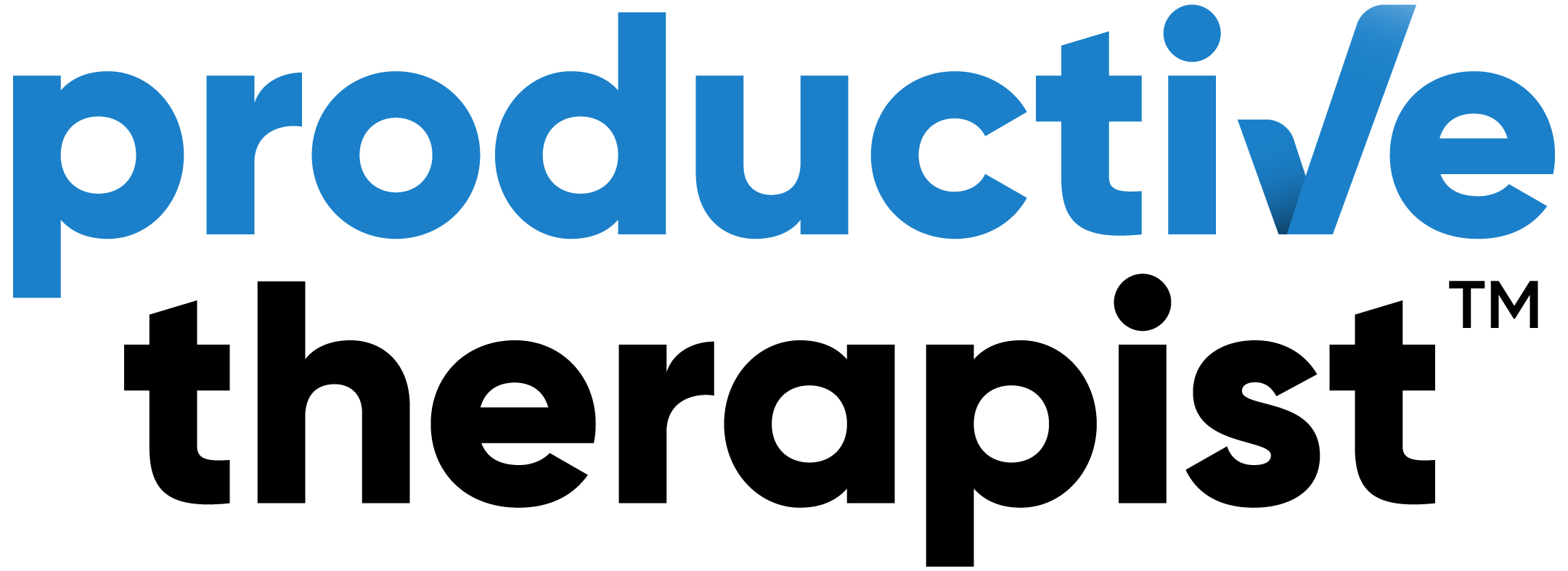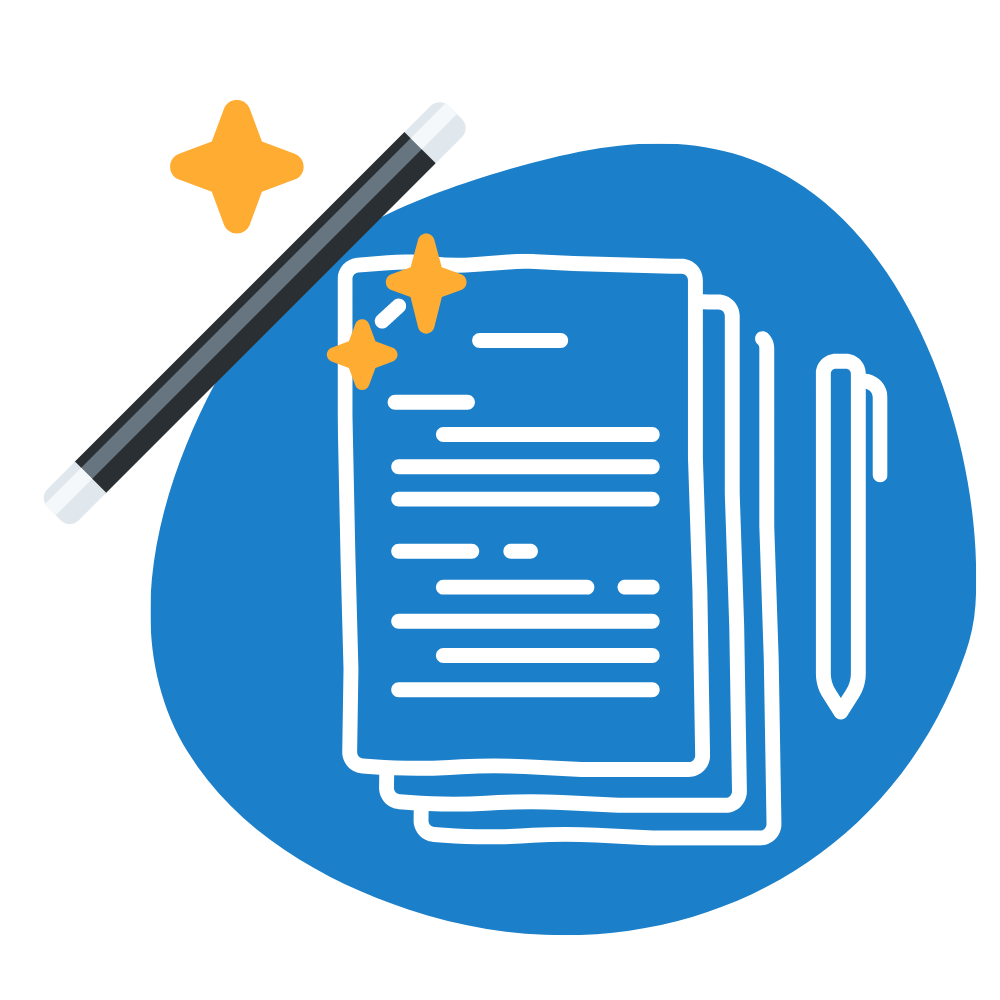As a group practice owner, you know that your time and energy is precious.
You only have so much to use and you want to use it wisely.
I recorded this short episode (7:51) to share a few strategies that have worked extremely well for me. I hope you enjoy it!
In This Episode, You'll Learn:
- How to utilize focus days
- How to maximize your time with pre-planning
- How to leverage work retreats to make huge progress on your goals
Resources:
Hello, my Productive Therapist friends!
I hope you're having an amazing day. So stoked that you're joining me on the podcast to listen in. And if you've been listening recently, I hope you enjoyed the interviews that I've done over the summer. And I'm bringing back some quick tips and tricks, kinds of short episodes which I enjoy making and I think people have given me good feedback on.
It's just nice to get 5, 7,10, 15 minutes and get some quick tips. So today I'm going to talk to you about three time management tips that I personally use.
The first one is Focus Days, second one is Pre Planning, and the third one is Work Retreats.
So for me, I don't love meetings and maybe you're like me, I'm not sure, but if I don't have at least one, preferably two days that are completely clear with no meetings, then I am not a happy camper.
So let me look at my calendar for this week. So this week I'm very happy because I have two days that are completely blocked off - Wednesday and Friday. And back in the day when I was a solo therapist having a private practice, I was blocked off Friday as my sort of admin day, catch up on notes, kind of scheduling, all kinds of different things. And you might do that right now, but I really enjoy doing this because it opens up my schedule to do some deep work, whatever that might be. For me, sometimes it's content creation. Like last Friday, I had the whole day blocked off and I was just working on building this course.
I was building a course called Billing Assistant Pro. I literally worked for like seven or 8 hours straight on that without any interruptions and that was fantastic. So it could be content creation, it could be catch up sort of admin day. Sometimes it's business planning or visioning. And then sometimes I just like to have the schedule open so I can kind of work a half day and get some play or rest in or possibly have the opportunity to not do any work.
And full confession here, I'm actually not good at either of those taking a half day to just play or rest or just blowing off work entirely for the day. But it's nice to have that freedom and flexibility in your schedule to do so maybe something comes up. You want to have lunch with a friend, you want to go on a hike, you want to just lay around and watch Netflix, who knows? So that's focus days and I will plan those intentionally with like last Friday I'm going to work on building this course. And then sometimes I just have days blocked off so I can work on whatever feels important that particular day.
Really helpful. Even if you're a busy therapist, I don't recommend seeing clients five days a week. I don't think that's great for any of us to just be locked into that sort of regular routine unless it's what you did. And if you're a group practice owner, of course you need to block off time to focus on planning and strategizing and implementing all kinds of things. So focused number two, pre planning.
Pretty simple idea here, to be honest. I don't do this all the time, but when I do, it's really valuable. So two ways to do that, say on a Sunday night, you sit down, you look at your week, you plan out sort of your plan of attack for the week, but for me, more often, it's the night before planning the next day. So as simple as sitting down, looking at what's going on the next day, what's on the calendar, and writing down my top three tasks or priorities for the next day, so that when I wake up the next morning, get going on my workday, I know exactly what to do. And I don't let email or other sort of distractions kind of take my day in an entirely different direction.
And in an ideal world, I come to my computer and I know exactly what I need to do, and I start working on my most important tasks before I check email, before I check social media, before I check my messaging apps, all those things. Now, to be honest, I don't do that as much as I should, or as much as I want to, I should say. But it's really effective when you come to the present day knowing exactly what you want to accomplish. So that's a little bit about pre planning. It's super simple.
Sometimes I would take a sticky note or actually what I do sometimes is I'll look at the next day and then I will change the priority on the most important tasks so that I can look at only the highest priority tasks. I've talked about this in previous episodes, about how I used to do it, but that's really nice so that I can just filter my task list for the most important things. So that's pre planning. And the next one is work retreats. At some point I might do a longer or a full episode on this, but I think it's incredibly valuable.
My intention is to schedule a work retreat every quarter so that I have one, two, three or four days to actually just kind of get out of my regular routine and get some either planning or creation done. And probably the most effective time I did this, I booked two nights in a hotel about ten minutes, 15 minutes from my house with the intention of filming and creating a mini course. And I did a bunch of preplanning, of course, but I got this cool hotel room with like a cool background. Brought my camera gear, my lighting, everything. I sort of hauled into the hotel room and I filmed and created the seven day email transformation course.
And it was definitely a grind, to be honest. They were all short videos, and they were all sort of pre planned. But I got so much done that would have taken me weeks and weeks and weeks if I had sort of spread it out and broken it up. But you can do any kind of work projects that require more intense focus and more sort of time to tackle. I think I'm going to schedule a work or treat soon because we're going to start implementing groups for teens and parents and other kinds of groups, and that feels like a heavy lift, like something that I haven't done in a while.
And I'm applying new strategies that I'm learning from my friend Katie May. So I really need some time away to just kind of figure things out, plan strategize and get everything organized. And I'm going to schedule a work retreat with my friend Ernesto soon, and we're just going to go away and stay for a couple of days in some cool location, maybe a cabin or a beach house or something like that, and just get stuff done. So I recommend doing this. I know a lot of people don't even think about it, but it's really effective because you got to get out of your routine and you got to get some deep work done that's not interrupted by the usual stuff, whether that's family or email or just watching TV, whatever that might be.
If you want some more tips and tricks on how to be a productive therapist, go visit our website - productivetherapist.com. We've got free courses. We've got an accountability program. We've got virtual assistants. So many things to help you on your journey as an entrepreneurial therapist!
Thanks so much for listening, and have an amazing day!
Subscribe & Review in Apple Podcasts
If you're not already subscribed to the Productive Therapist Podcast, now's your chance to join the hundreds of other therapists who tune in each week. You'll get weekly encouragement, support, tips and suggestions for growing your practice and reaching your goals.
The world needs you to be the best, most productive therapist you can be. And you owe it to yourself to reach for your big dreams. The Productive Therapist Podcast is here to help you do both.
Click here to subscribe now on iTunes.

 Click for full episode transcript
Click for full episode transcript 